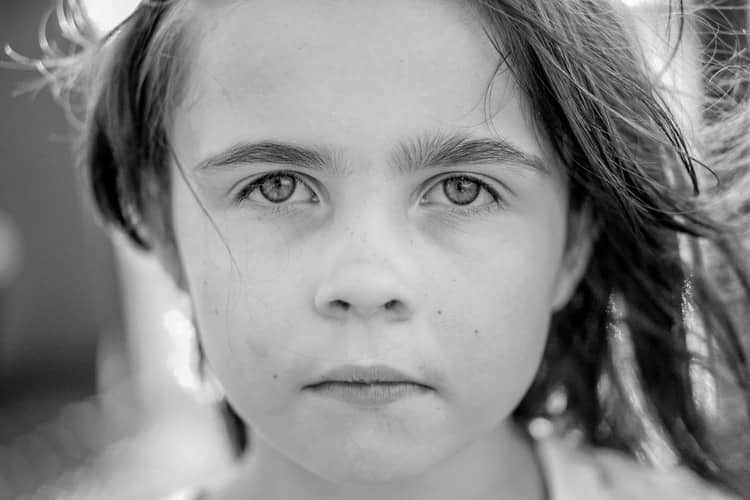Children’s social workers carry out work with children and young people from many different backgrounds, many of whom are extremely vulnerable, requiring a sensitive, age-appropriate and supportive approach.

Children's social workers work alongside:
- Children who have been sexually abused.
- Children who have been neglected, and left dirty, hungry and shown very little care.
- Sex offenders who abuse children and young people.
- Young people exploited for sexual purposes and who have potentially been groomed, raped and handed round gangs of men for sexual purposes.
- Children in care who have experienced traumatic childhoods and been taken into the care of the local authority for their safety and protection.
- Teenagers who have been groomed to participate in ‘county line’ drug gangs and exploited criminally.
- Young women who have experienced or are at risk of Female Genital Mutilation.
- Children who have endured years of physical abuse, potentially at the hands of a friend or relative.
- Children with physical or learning disabilities, or enduring or terminal illnesses.
- Bereaved children.
- Trafficked young people.
- Gang members to encourage them into better options.
- Parents unable to cope with parenthood and unable to keep their child safe.
- Children and young people who have experienced a form of trauma.
- Children with mental health problems such as anxiety, depression, PTSD, panic attacks or OCD.
- Young people who have been emotionally abused.
- Children who have been sexually abused by a parent or sibling.
- Children leaving care settings and making the transition towards adulthood.
- Unaccompanied asylum-seeking children, perhaps orphaned and arriving in a strange country.
- Families who have no recourse to public funds.
- Children in the youth justice system.
- Homeless children and families.
- Children in residential care.
- Children in foster placements.
- Young people in kinship care when their birth parents cannot look after them.
- Children of parents who have mental health problems.
- Victims of domestic abuse – women, men, and children.
- Families where substance or alcohol abuse is a problem.
- Child refugees from Afghanistan or other countries having experienced trauma.
- Children with challenging behaviour.
- Suicidal young people.
- Young people at risk of forced marriage.
- Self-harming children.
- Young carers looking after a family member who has physical or mental health problems.
- Children abusing drugs or alcohol.
- Children acting sexually inappropriately to other children.
- Families in poor housing conditions or overcrowded housing.
- Young people who have committed murder or manslaughter.
- Bullied children.
- Children embroiled in marital conflict.
- Young people with a parent in prison.
- Young people being groomed online by sexual predators.
- Children with eating disorders – eating too much, or not enough.
- Families living in poverty.
- Parents with learning disabilities struggling to raise children.
- Violent children.
- Children with Special Educational Needs.
- Young people suffering with body dysmorphia.
- Runaway children.
- Children absconding from education.

Each child may be affected by more than one of the issues outlined above. Children’s social workers unpick those very delicate, personal problems and offer a package of support. Contrary to what some parts of the media says, social workers work hard to keep families together where they can and where it is safe to do so.
Aside from anything, it is costly to place a child in care for cash strapped local authorities.
It costs £29,000– £33,000 for an average annual spend on a foster place for a child and £131,000– £135,000 for an average annual spend on a residential placement for a child. Therefore it is in everyone’s interests – first and foremost children and families – and the taxpayers for social workers to keep children together where possible – and that is their fundamental aim. Myths that social workers get paid a bonus for taking children into care are beyond contempt and goes against the very grain of the ethics of social work.
Rather than vilify social workers for when things go wrong – they should be applauded for working with very vulnerable children and families and trying to provide them with the very best support possible.
Sarah Stowe, Managing Director of WillisPalmer, said: “Social workers are the backbone of society. They provide help and support to vulnerable families struggling to cope.”
“All too often we hear about social workers when something goes wrong. But these dedicated, specialist, innovative professionals go above and beyond every single day to improve the lives of children and their families and to help support them to remain together wherever possible.”
“It is this work that gets forgotten all too often, which is a travesty,” concluded Sarah Stowe.


